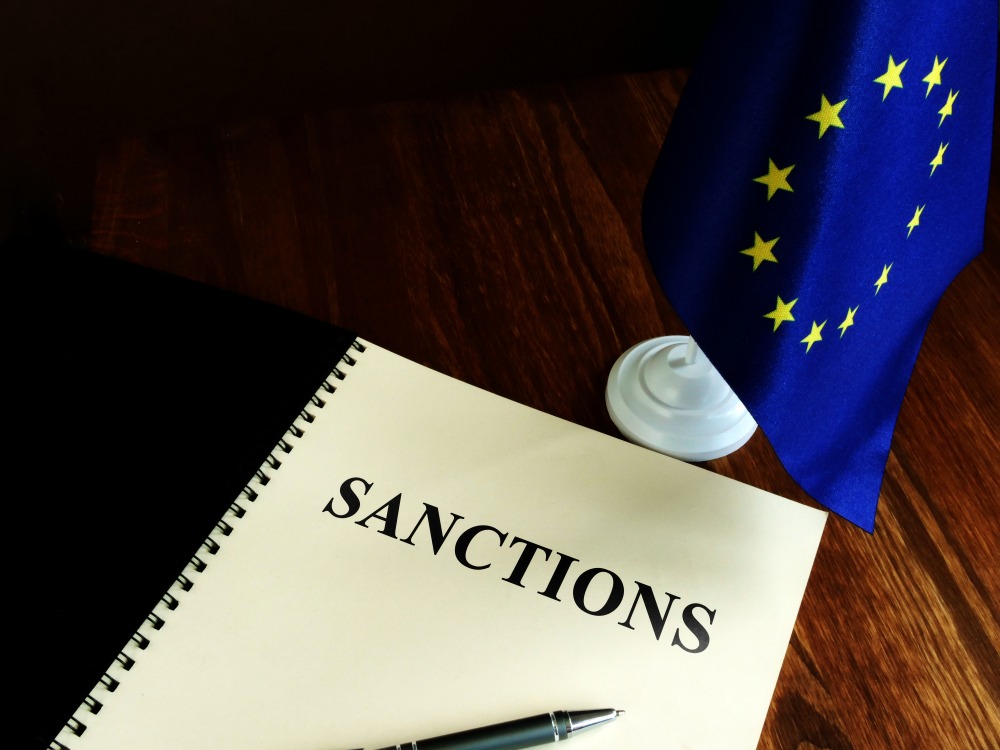Iranian Bank Sanctions
Previous cases are not always outdated, and their chain of reasoning and arguments can be applied toward common law and relevant recent cases, especially in the context of Cross-Border & International Law and Legal Practice & Specialization. Zaiwalla & Co represented Iran’s Bank Mellat in its 2015 trial. Bank Mellat is 80% privately owned and 20% governmental. The law firm successfully won the vote of the UK Supreme Court and gained another favorable ruling in the European Court of Justice.
This case of the Iranian bank was outstanding and pending for many years, awaiting a conclusion against the EU inclusion and UK sanctions lists. It was claimed that the bank was related to the nuclear missile program in Tehran. In October 2015, the court ruling in Bank Mellat v. Her Majesty’s Treasury awarded claim damages of 4 billion U.S. dollars against the EU.

According to the case records stated in Bailii, “This is the judgment following the trial of three preliminary issues in the claim by Bank Mellat for damages under section 8 of the Human Rights Act 1998 (“the HRA”) for loss and damage caused by the Financial Restrictions (Iran) Order 2009 (“the 2009 Order”) made under section 62 and Schedule 7 of the Counter-Terrorism Act 2008.”
According to an article published on Reuters, “…that comes six years after the UK Supreme Court ruled that sanctions imposed on the bank in 2009 were unlawful and that the government had been “irrational” and “disproportionate”. It referred the case back to the High Court. Sarosh Zaiwalla, said the case spoke volumes for the independence of the British judiciary.”
Moreover, the EU Blocking Statute therefore only had a limited effect in ameliorating US sanctions. Despite the EU’s efforts, major companies, such as TOTAL and Reuters, took commercial decisions to cease trading with Iran as a direct result of US sanctions. Airbus also cancelled an Iranian order for 100 aircraft. According to Kartik Mittal, partenr at Zaiwalla & Co.LLP:
Despite the above difficulties, the EU has continued to make significant additional efforts to keep the Iran nuclear deal alive by supporting trade with Iran. In January 2019, the EU established Instrument in Support of Trade Exchanges (INSTEX) as a transaction mechanism to facilitate enable trade with Iran while avoiding US sanctions. On 29 November 2019, six additional EU states – Belgium, Denmark, Netherlands, Norway, Finland and Sweden – declared that they would join France, the UK and Germany as shareholders of INSTEX.
In sum, it is important to analyze this as a case study since Iranian entities and financial institutes are under pressure by previous and recently EU imposed sanctions. The stated case above opened up many further cases and granted courage for similar individuals, entities, and institutes to file a case.
LegaMart is a global legal platform designed to connect individuals, startups, and businesses with qualified lawyers across jurisdictions. With a mission to simplify cross-border legal services, LegaMart provides users with access to a diverse network of vetted legal professionals who specialize in areas such as international law, corporate law, immigration, dispute resolution, and more.
By leveraging technology and user-friendly tools, LegaMart allows clients to search for lawyers by country, language, or legal expertise, submit their legal queries, and receive tailored legal solutions in a streamlined, efficient manner. The platform serves as a bridge between legal professionals and clients who need multilingual, multi-jurisdictional support — especially in today’s increasingly globalized legal landscape.
Whether you’re an entrepreneur launching a business abroad, an individual dealing with immigration paperwork, or a company navigating cross-border compliance, LegaMart aims to make legal help more accessible, transparent, and collaborative.





